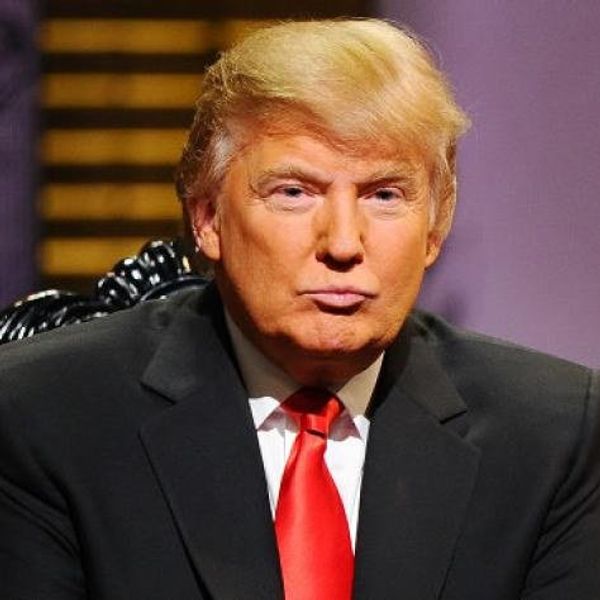Two weeks ago, Donald Trump gave a speech in front of Congress in which he managed to not sound completely unhinged. He read from a teleprompter, used a mourning woman as a political prop and generally strayed away from his more eccentric political style.
Liberals loved the speech. In their minds, this was the moment in which he "became the president of the United States." Just last month they were talking about how we were living in a fascist dictatorship, but apparently it's now fine because Donald Trump knows how to read words from a teleprompter.
Of course, the content of the speech was unchanged. Donald Trump still blamed undocumented immigrants for this country's own failings and promised to restore "the rule of law." Throughout this last week, he has fulfilled that promise by ramping up ICE raids and signing an updated Muslim ban.
What the liberals who gushed about the speech don't understand is that Trump sounding "presidential" doesn't change the danger he represents. In fact, if we look at US history, there are many examples of presidents who masked oppressive policies with nice sounding political rhetoric.
Richard Nixon sounded presidential when he declared the war on drugs to lock up black people. So did Reagan when he sat by and let the AIDS epidemic nearly completely wipe out the LGBTQ+ community. Bill Clinton played jazz as he signed legislation creating the prison-industrial complex. And George Bush lied with a smile on his face as he justified an unnecessary war that cost around 150,000 lives.
When Trump got elected, my biggest fear was not that he would become the next Adolf Hitler, but that he would use the presidency to wreck havoc on marginalized people, just like so many of his predecessors. The simple fact is that in modern American political history, evil has never come in the form of Nazi-style death camps. Instead, it comes in the form of a smiling, old white man in the Oval Office reading a speech about "law and order" from a teleprompter.
The good thing about Trump is that he is so emotionally fragile that he can't help but state his true intentions. The chaotic first few weeks of the Trump administration made it easy for organizers, because his policies were so blatantly oppressive.
But it was inevitable that the Trump administration would get better at achieving their goals. This attempt at re-branding Trump is part of their efforts. It's the same strategy that has been used time and time again.
And if modern US history can tell us anything, it's that this is a winning strategy.





















